
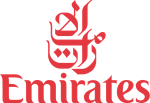

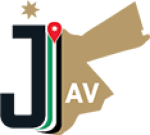













officially known as the Republic of Turkey, is a transcontinental country located primarily on the Anatolian Peninsula in Western Asia, with a smaller portion on the Balkan Peninsula in Southeast Europe. It is uniquely situated at the crossroads of Europe and Asia, making it a cultural and historical bridge between East and West.
Turkey is bordered by eight countries: Greece and Bulgaria to the northwest; Georgia to the northeast; Armenia, Azerbaijan, and Iran to the east; and Iraq and Syria to the south. It is also surrounded by three seas: the Aegean Sea to the west, the Black Sea to the north, and the Mediterranean Sea to the south. The Sea of Marmara, within its borders, divides the European and Asian parts of the country.
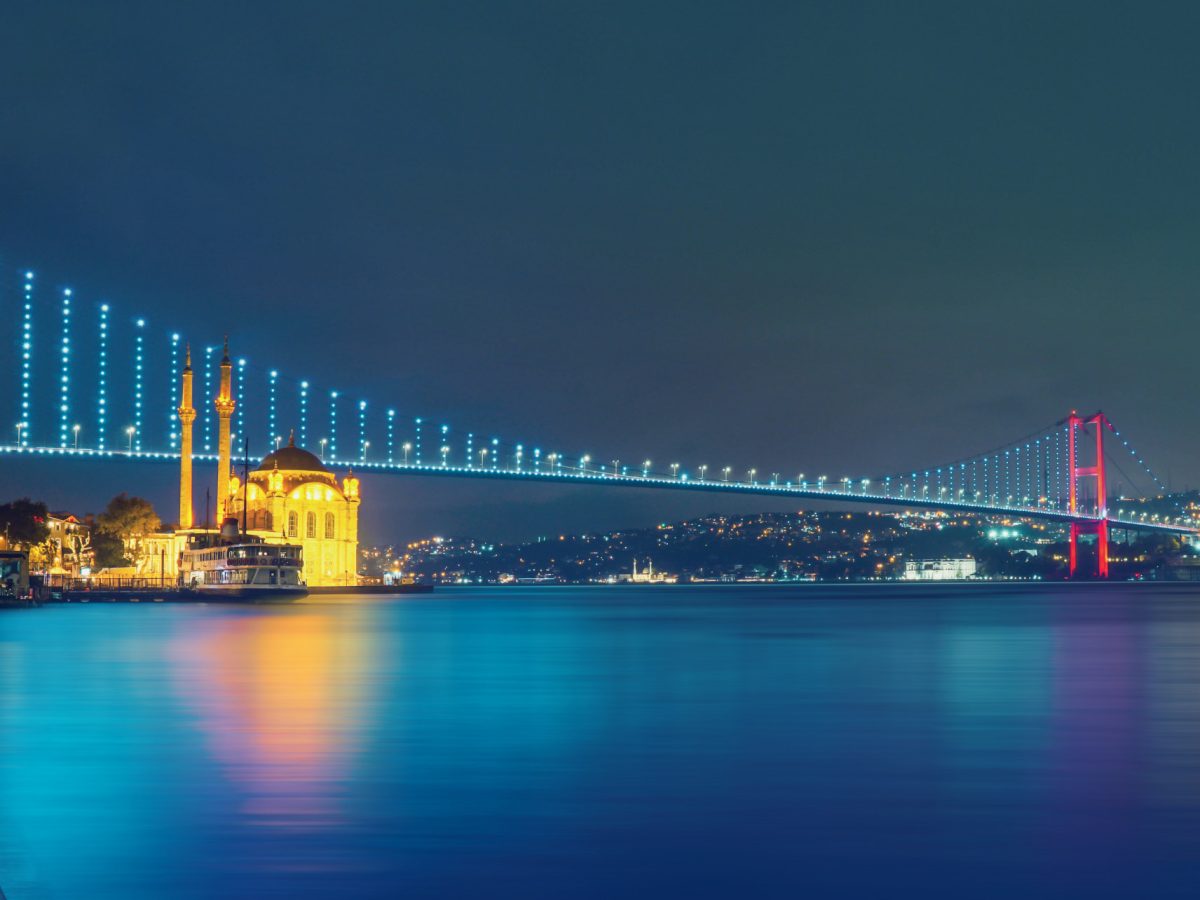
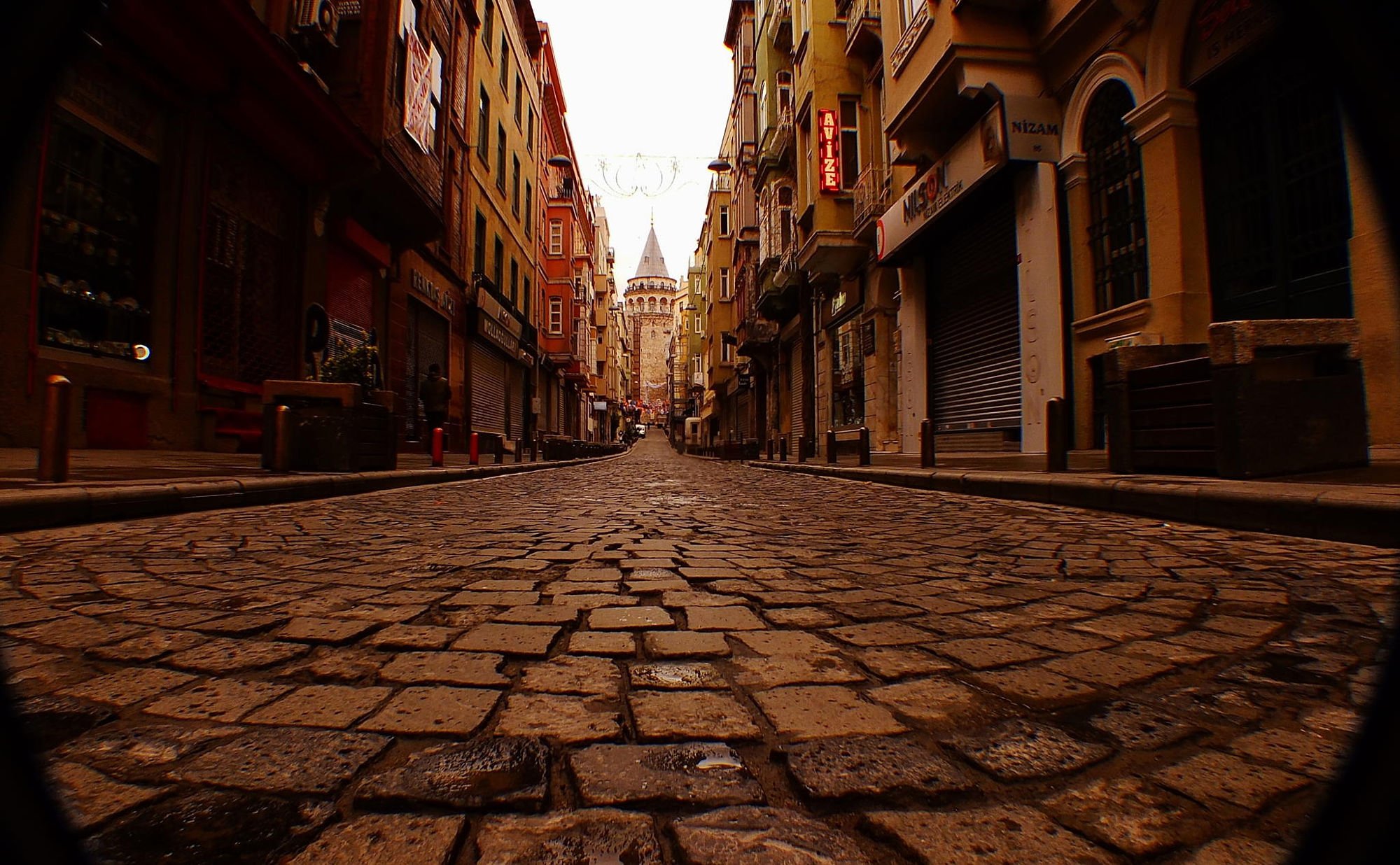
Turkey’s land has been home to numerous civilizations throughout history, including the Hittites, Greeks, Romans, Byzantines, and Ottomans. The modern Republic of Turkey was established in 1923 under the leadership of Mustafa Kemal Atatürk after the fall of the Ottoman Empire. Atatürk implemented sweeping reforms to modernize the country, emphasizing secularism, education, and economic development.
Turkey has a rich cultural heritage influenced by its diverse history. The blending of Eastern and Western traditions is evident in Turkish architecture, music, cuisine, and arts. Istanbul, Turkey’s largest city, embodies this duality, with its iconic landmarks like the Hagia Sophia, Topkapi Palace, and the Blue Mosque.
Turkish cuisine is world-renowned, known for dishes like kebabs, baklava, meze, and Turkish tea or coffee.
Turkey boasts a dynamic economy, with industries ranging from agriculture and textiles to automotive and technology. It is a major exporter of products like hazelnuts, textiles, and machinery. Tourism is another pillar of the economy, attracting millions annually to its ancient ruins, bustling bazaars, and scenic beaches.
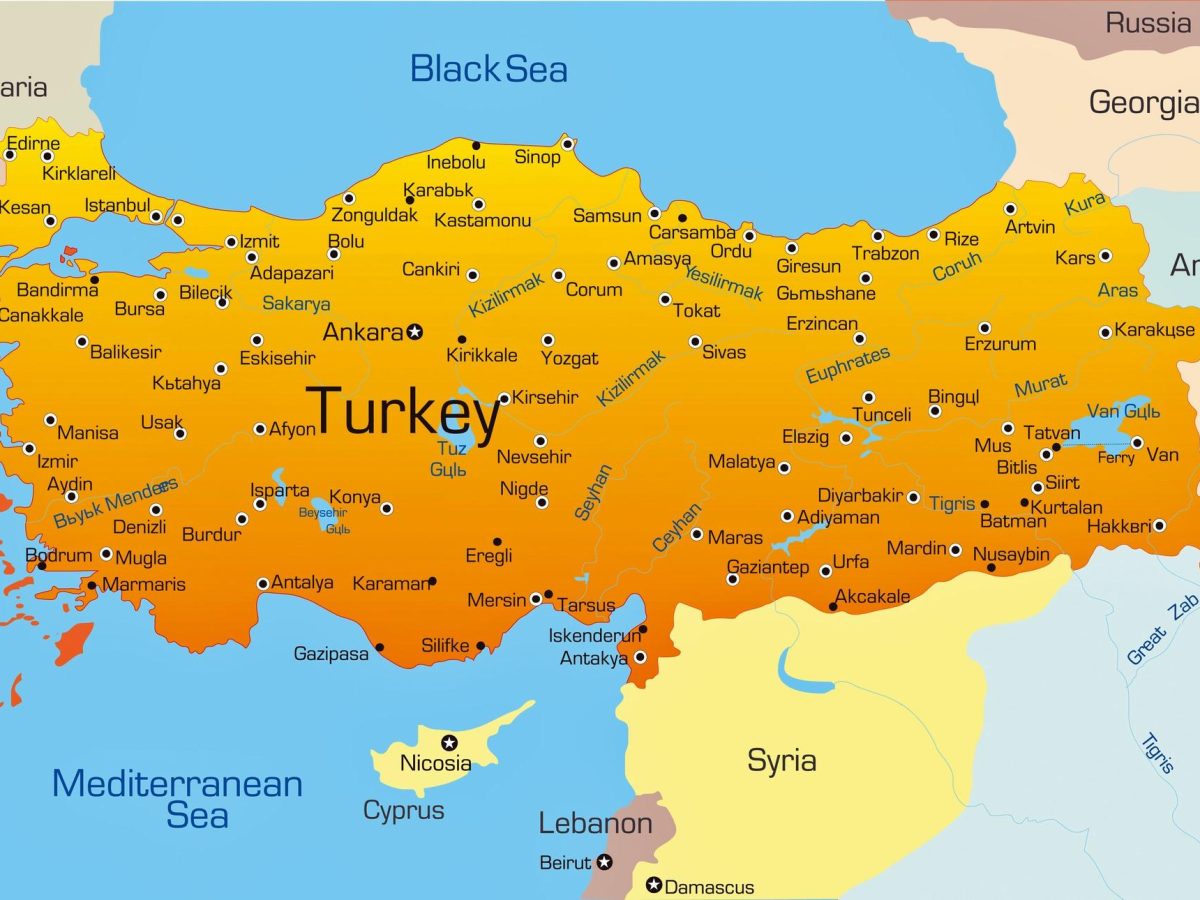
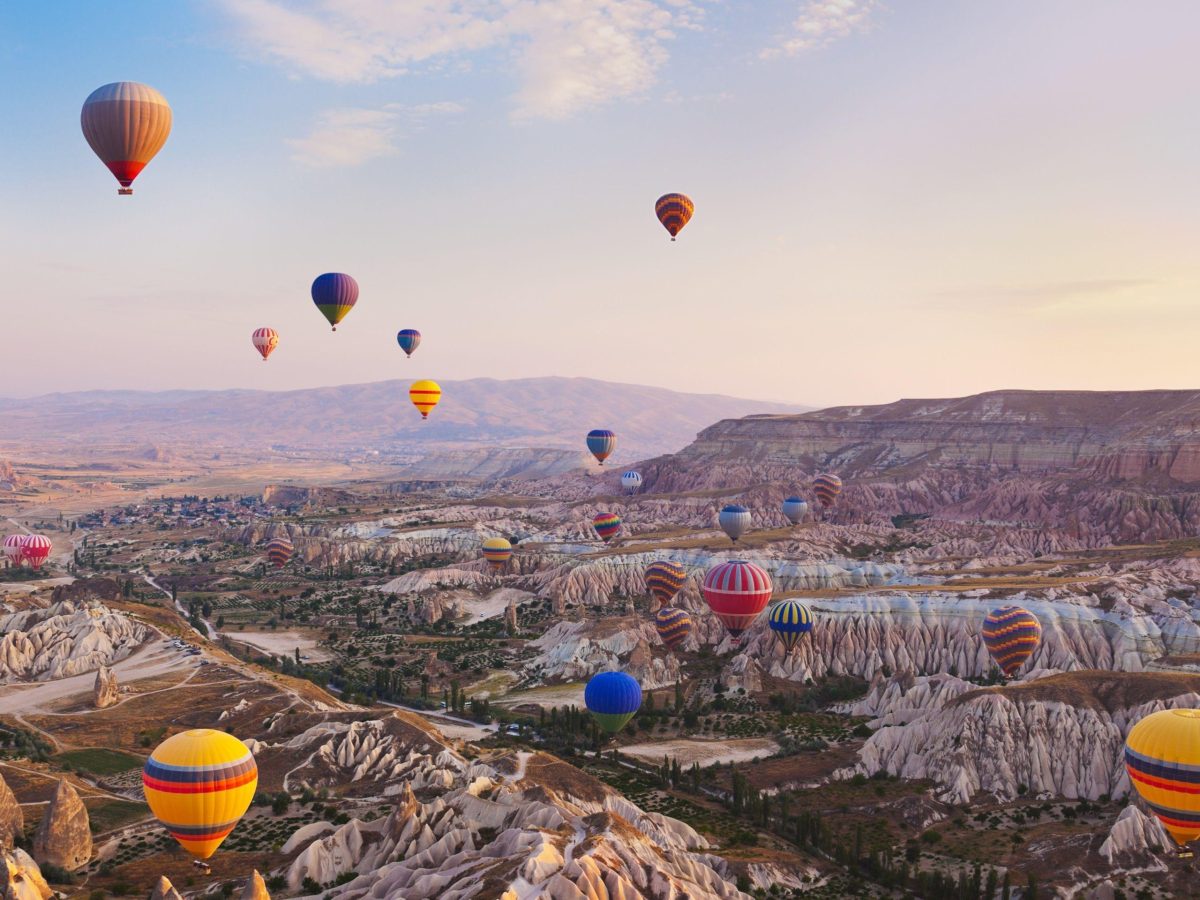
Turkey is a unitary parliamentary republic, although recent years have seen a shift toward a more centralized executive system. Its capital is Ankara, though Istanbul remains its cultural and economic hub. Turkey has a diverse economy that includes agriculture, manufacturing, tourism, and a growing technology sector.
Turkey faces challenges such as political polarization, economic fluctuations, and its complex geopolitical position. It plays a crucial role in regional and global politics, particularly as a member of NATO and its interactions with the European Union, Russia, and Middle Eastern nations.
